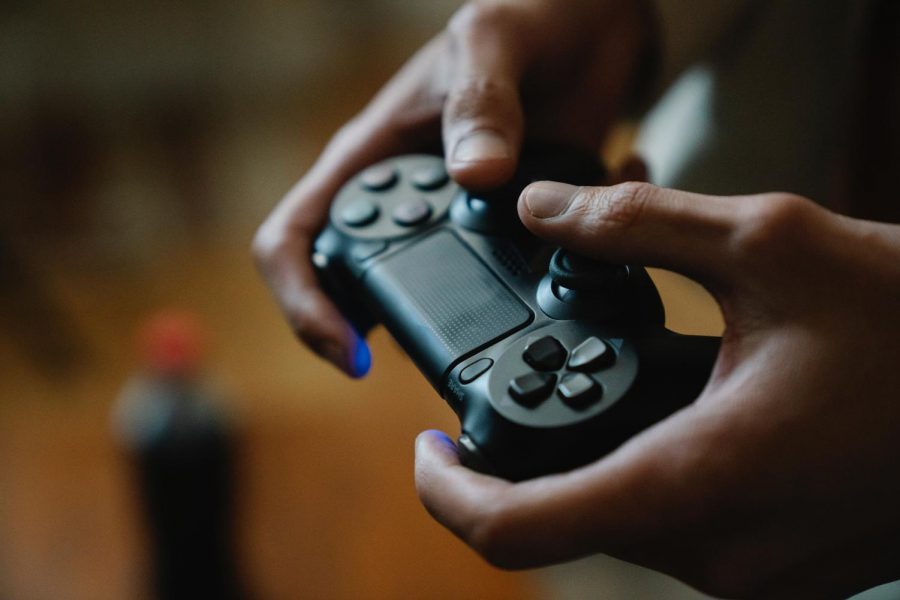Bans on Video Games: Applicable to Everyone?
November 4, 2021
As of the week of August 31, 2021, China’s National Press and Publication Administration’s new video game policy went into effect. This policy limits people under the age of eighteen to playing three hours of video games a week. Because of the negative health effects that video games cause like nearsightedness and addiction , the ban limits minors from playing video games for more than 3 hours a week spread out over the weekend.
Although it is an interesting idea, on such a large scale it seems almost impossible to enforce. So how does this ban work? Well, it relies partly on the video game companies to require real names and logs for their underage players, and partly on the parents to ensure that their children aren’t signing in under adult accounts.
These techniques, however, are nothing new to China’s video game industry. Since 2000, China has been enforcing policies surrounding video games and minors’ use of them, so one must ask the question: are the policies truly effective if they must continually create new ones? Well, according to recent studies, positive impacts on minors have been reported. In the article, “What’s behind China’s recent video game restrictions?” John Letzing states that 64% of parents recently surveyed expressed that the ban has allowed their children to spend more time with their friends in order to build deeper, more fulfilling relationships with them. Not only does the ban seem to encourage minors to spend more time outside of the virtual world and with their friends, the personal feedback from consumers’ families are positive as well. This makes it clear there is a positive impact all around with the ban.
The success and positive feedback of China’s ban peaks the question as to why the United States has not mirrored bans or policies similar to these? The short answer is this: it violates the constitutional first amendment right of freedom of speech to ban video games or put limits on the amount of time minors can spend on their devices. However, it is a reasonable and defendable position that playing video games and using forms of social media, especially in excess like many people in America do, serves as a detriment to the health, well-being, and future of our youth. So, the issue we are faced with now is this: is it more important to protect the rights that the Constitution has enabled us with than to address the growing influence and negative impacts that social media, including video games, has on our lives? Or will the world of social media, video games, and other forms of virtual connection lead to a positive societal shift in the values and development of society?





